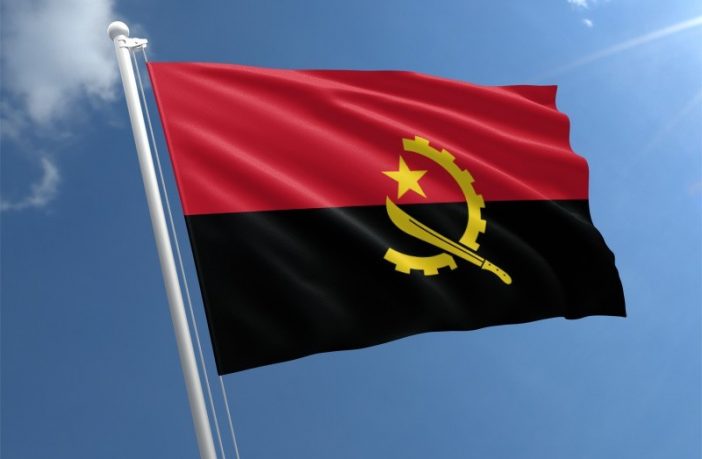- The US 1 million SEFA grant will be used to establish a one-stop shop unit known as the Energy Project Implementation Support Unit
- The unit will provide technical assistance on project bankability, procurement, contract design, implementation and monitoring of potential IPP projects.
- Angola aims to expand electricity access to 60% of the population by 2025, with an expected 70% to be derived from renewable sources
The Sustainable Energy Fund for Africa (SEFA), managed by the African Development Bank, has approved a $1 million grant to Independent Power Producers (IPPs) in Angola, in efforts to encourage private investment in renewable energy. The bank explained that the SEFA grant will be used to establish a one-stop shop unit known as the Energy Project Implementation Support Unit.
SEFA technical assistance will work as an enabling environment for IPP/Public-Private Partnership (PPP) projects to improve bankability of projects. Additionally, it will address capacity-building issues by providing technical assistance on project procurement, contract design implementation and monitoring.
As part of its long-term development strategy, the government of Angola aims to expand electricity access to 60% of the population by 2025, with an expected 70% to be derived from renewable sources.
“This project will enable and stimulate investments through IPPs in the Angolan renewable energy sector,” said Amadou Hott, the African Development Bank’s Vice President for Power, Energy, Climate Change and Green Growth.
“It also complements the $1 billion Bank’s Power Sector Reform Support Program to the ongoing energy sector reforms undertaken by the country,” Hott added.
This intervention underpins Angola government’s power sector development vision, “Angola Energy 2025”, and Angola’s Renewable Energy Strategy approved in 2015, aimed at increasing universal access to energy services, improving energy efficiency, and increasing the use of renewable energy.
The investment is also in line with Angola’s National Adaptation Program for Action, which aims to promote renewable energy (notably hydropower, solar and wind mini-projects) and extend rural electricity grids.
It is also aligned with the Bank’s Energy Sector Policy (2012), the New Deal on Energy for Africa, especially focusing on renewable energy and early-stage project finance.
This article was originally published on ESI Africa and is republished with permission. Link to original















